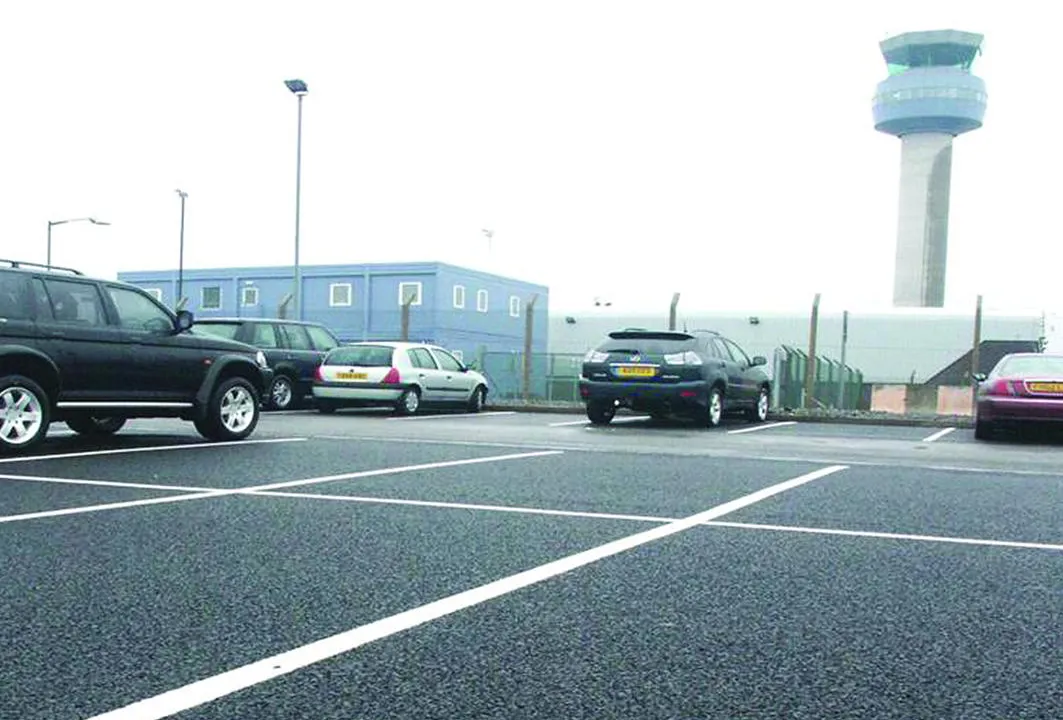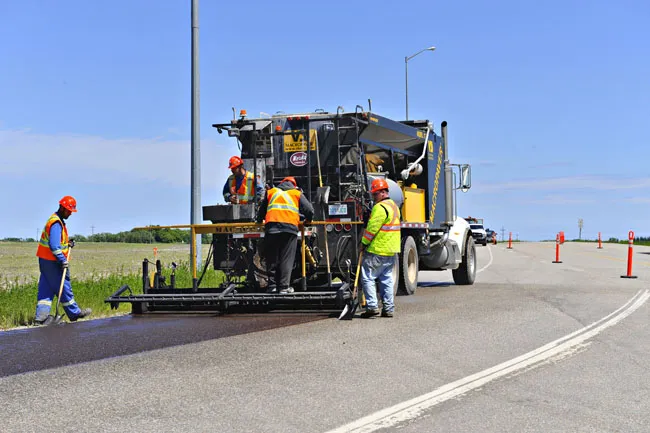
Improving the UK’s road network is a serious business. Amid an escalating population, 2016 saw a colossal 916,000 new vehicles registered in the country. The was a leap of 5% on the year before, bringing the total number of vehicles on our roads to 36.7 million, according to UK government figures.
What is perhaps even more concerning, however, is the surge in commercial vehicle use of the network. As heavier vehicles exert more pressure onto road surfaces, particularly when travelling at slower speeds, the detrimental effects to the already stressed structures, is becoming ever more apparent.
The result is an influx of government investment, with the department of transport recently announcing a €1.13 billion boost for English councils to improve local roads among a “misery of lorries and thundering traffic”.
This, hopefully, will create and offer abundant opportunity for all specifiers of asphalt pavements. However, if we are to truly create better, safer and more efficient roads for the long-term, it is important that the correct choice of asphalt becomes a higher priority.
Same old
Aligned to the changing demand of infrastructure, asphalt has advanced at an unprecedented rate in recent years. This, however, has presented a problem. With so many different asphalts now on the market, it is understandable that the busy consultant or engineer may find it overwhelming - even confusing - and automatically opt for their own tried and tested solutions.
For those working in local authority, they may revert to their standard design details. For those carrying out work in the private sector, it may be easier to copy-and-paste from one job to the next.
However, these approaches will not always deliver the best results. A good example of this is the recent resurgence in some areas of the use of hot rolled asphalt. This is despite significant issues found during its use in the 1980's, mainly a lack of specific performance requirements due to the increase in commercial traffic levels and increased loadings. Nonetheless, we are seeing a number of clients reverting to this option even though the loading's on today’s roads are greater than ever - and increasing.
Ask questions
Clearly, there is work to be done by the industry to ensure asphalt specifications are as fit for purpose as possible. An obvious starting point, look at how and for what the pavement is to be used. Is it for pedestrians or vehicles? If it is for vehicles, what types? Will they be light vehicles such as cars or is it for commercial vehicles? Importantly, how frequently will the surface be used traffic volumes.
In some cases, it may be that a specific solution is required such as SuperCurve, a product from
Further examples include porous asphalts which have been specifically developed to aid drainage measures. There are coloured asphalts to enhance the overall look and ambience of the surroundings.
It is more than ever important that to keep up to speed on the latest surface technologies, specifiers should take advantage of professional development courses offered by suppliers. For example, Aggregate Industries has developed a range of asphalt presentations offering advice and an insight into the different types of asphalt materials and solutions available for a wide number of applications. Aggregate Industries seminars generally last for only one hour.
By investing in training and taking the time to gain a thorough grasp of new technologies, engineers and consultants can be assured of a more durable, efficient and safer solution. This will help to pave the wave for a vastly improved road network for all.
*Keith Harvey is specification manager for asphalt at Aggregate Industries, a UK operator of quarries and manufacturer and supplier of a wide range of materials to the construction industry.







